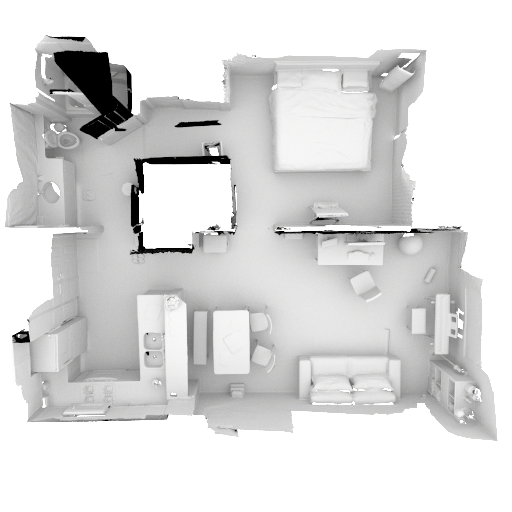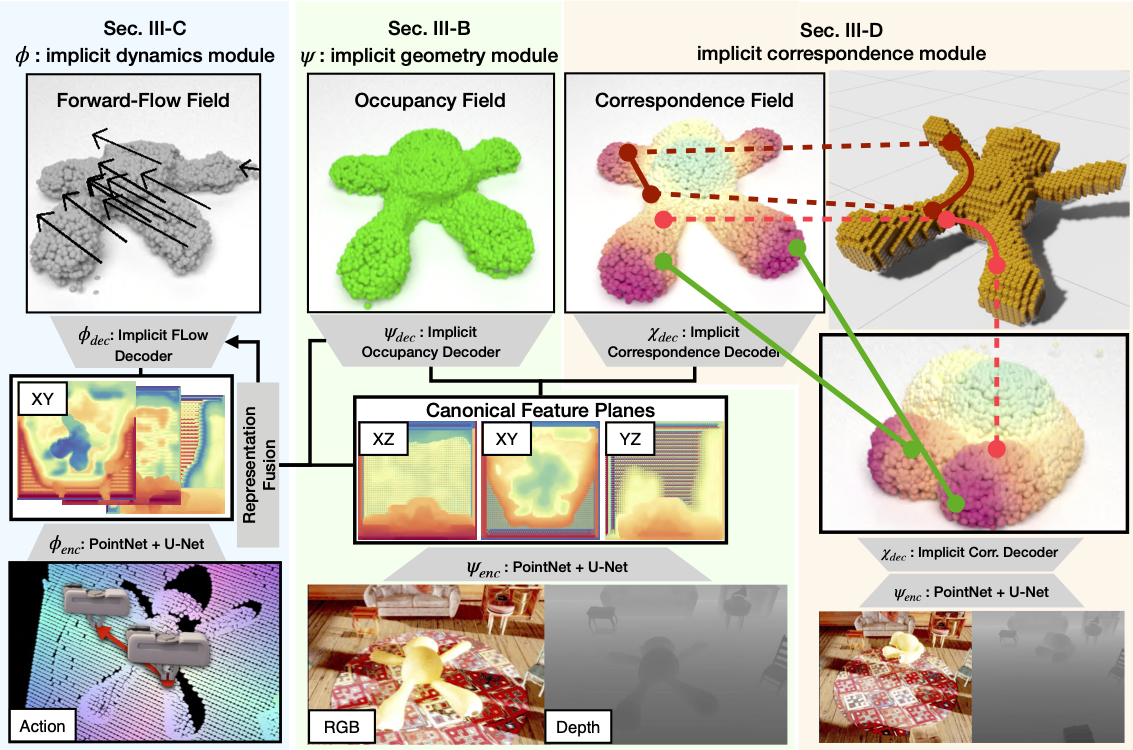Caffe Python Layer
Python layer in Caffe can speed up development process Issue1703
Compile WITH_PYTHON_LAYER option
First, you have to build Caffe with WITH_PYTHON_LAYER option 1. Run make clean to delete all the compiled binaries. Then,
WITH_PYTHON_LAYER=1 make && make pycaffeIf you skip this, caffe will complain that layer factory function can’t find Python layer.
layer_factory.hpp:77] Check failed: registry.count(type) == 1 (0 vs. 1) Unknown layer type: PythonPython Layer
A gist from Evan Shelhamer summarizes the basics of the python layer.
...
layer {
type: 'Python'
name: 'loss'
top: 'loss'
bottom: 'ipx'
bottom: 'ipy'
python_param {
# the module name -- usually the filename -- that needs to be in $PYTHONPATH
module: 'pyloss'
# the layer name -- the class name in the module
layer: 'EuclideanLossLayer'
}
# set loss weight so Caffe knows this is a loss layer
loss_weight: 1
}You have to define a python layer that is defined in your $PYTHONPATH. In the prototxt, the module is pyloss, which means that the file that contains the EuclideanLossLayer should be named pyloss.py.
import caffe
import numpy as np
class EuclideanLossLayer(caffe.Layer):
def setup(self, bottom, top):
# check input pair
if len(bottom) != 2:
raise Exception("Need two inputs to compute distance.")
def reshape(self, bottom, top):
# check input dimensions match
if bottom[0].count != bottom[1].count:
raise Exception("Inputs must have the same dimension.")
# difference is shape of inputs
self.diff = np.zeros_like(bottom[0].data, dtype=np.float32)
# loss output is scalar
top[0].reshape(1)
def forward(self, bottom, top):
self.diff[...] = bottom[0].data - bottom[1].data
top[0].data[...] = np.sum(self.diff**2) / bottom[0].num / 2.
def backward(self, top, propagate_down, bottom):
for i in range(2):
if not propagate_down[i]:
continue
if i == 0:
sign = 1
else:
sign = -1
bottom[i].diff[...] = sign * self.diff / bottom[i].numhttps://github.com/BVLC/caffe/issues/2093 ↩



Leave a Comment